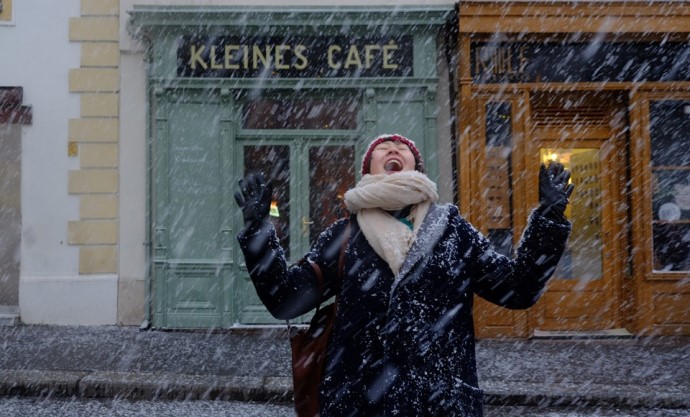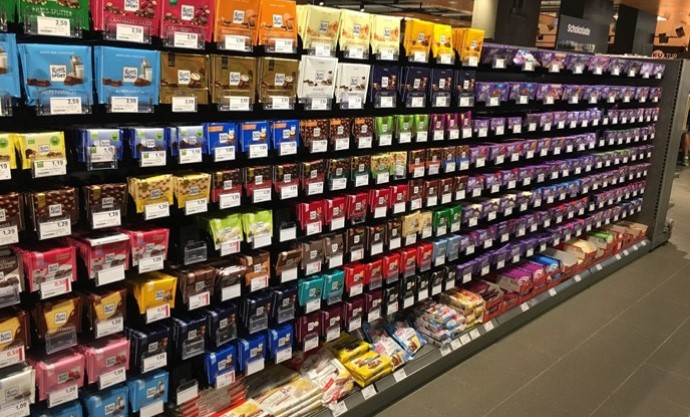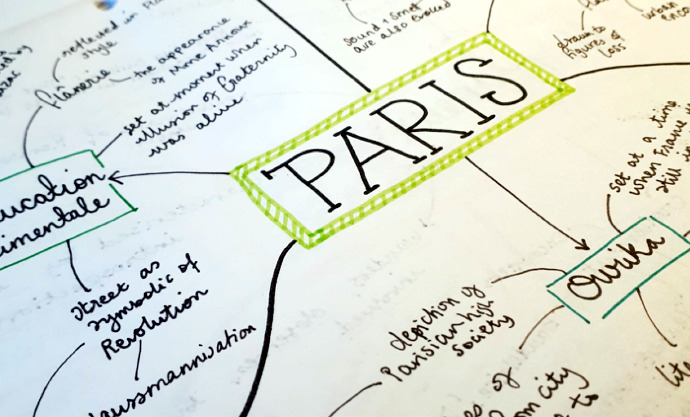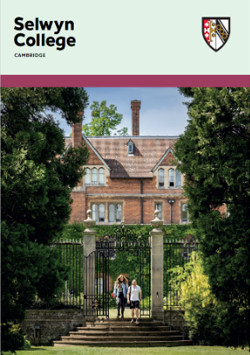A message from the Selwyn College MML Fellows
Studying modern languages has never seemed more urgent and important than it is now. Learning languages plays a vital role in better understanding how we are connected to others. It is for that reason that all students in Cambridge study two languages, or more, during their degree here.
By studying MML, you have the opportunity to learn more about other cultures – as well as more about the culture we share with others and, on top of that, more about yourself.
“My favourite part of my year abroad was the people I met: studying abroad gave me the opportunity to meet people from all over Europe and the world.”
There is a short video here about the MML course in Cambridge, filmed in and around the Raised Faculty Building which is next door to Selwyn. You can hear more from students about their experiences, including the Year Abroad:
We make around 10 offers each year to students for MML. At Selwyn, you will be part of a strong subject community which comes together regularly to exchange ideas, such as during college study skills sessions, and for social events. You will be supported by a Director of Studies for each of your languages who will get to know you and be able to celebrate your successes.
We have a large subject team in Selwyn including specialists in French, Spanish, German, Italian and Russian, and lectors to build your confidence in the spoken language. We also enjoy supporting your travel abroad through a range of travel grants.
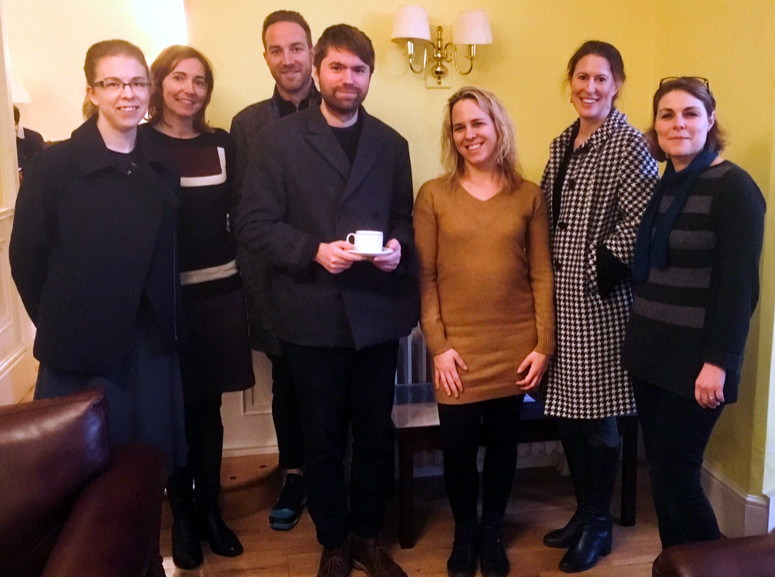
As well as gaining in fluency in your languages, the MML course offers the opportunity to engage with a diverse range of cultural experiences; you will be studying cinema and drama, reading fiction, and learning more about the ideas which are expressed through culture. The course in the first year introduces you to the wide range of disciplines, including linguistics, that can be studied while you are here.
Students in Selwyn are able to choose among all of the languages available on the MMLL course and around half of them take up a language from scratch (ab initio). This video from the Italian department gives you an insight into why students have decided to take up Italian without any previous study of the language. Before coming to Selwyn, our students have studied a wide range of subjects at A Level. Everyone who is invited to interview is met by specialists in both their languages, who are looking for evidence that you are good at learning languages, and also that you are motivated and open to new ideas.
If you have any questions about studying modern languages at Selwyn, we will be ready to answer them and you can contact us through the Admissions Office on admissions@sel.cam.ac.uk.
The subject at Selwyn
Selwyn has a long-standing commitment to modern languages and has a thriving modern languages society. Every year, we make eight to ten offers, as well as offers to students for the new joint Tripos of History and Modern Languages.
Selwyn's teaching offers range across all the principal languages of the MML Tripos. Students at Selwyn are assisted in their studies by a wide range of travel grants, including the Gebauer Fund, to help with the costs of travel to Germany for academic purposes, the Sarah Adams Travel Fund to help with the costs of travel to Russian-speaking destinations for academic purposes and the Master's Fund for Summer Projects, which includes internships and dissertation travel.
The College is ideally situated for modern languages, since it adjoins the Sidgwick site, where the University lectures and classes are held and the Faculty Library is located. The College Library itself also has excellent, up-to-date holdings in all the languages available for study. All modern linguists spend their third year abroad either studying, teaching English, or on a work placement.
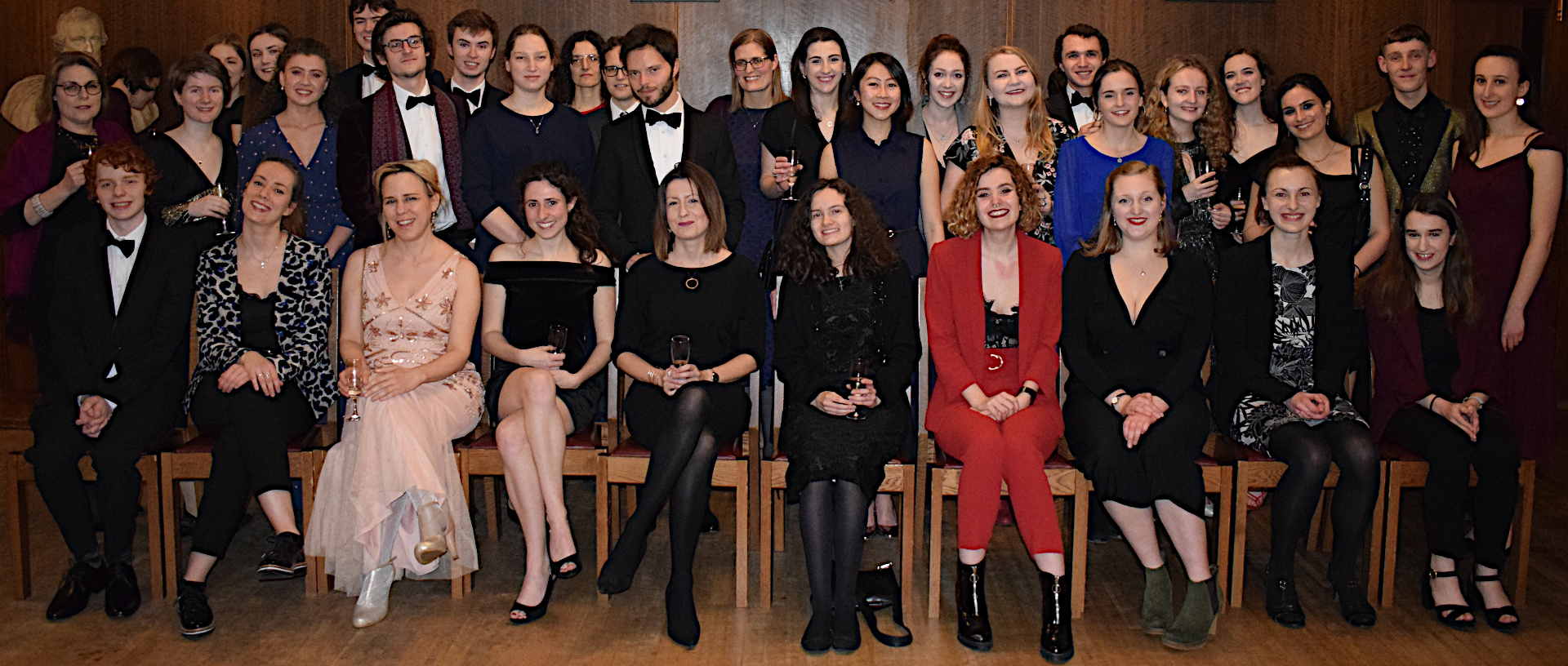
The Modern Languages Teaching Officers at Selwyn
Dr Edmund Birch (French) is a specialist in nineteenth-century French culture; Dr Bryan Cameron (Spanish) is a specialist in modern Spanish culture, with research interests in the nineteenth-century novel, film studies and social protest movements; Dr Elena Filimonova (Russian) has research interests in Russian linguistics and linguistic typology; Dott. Claudia Domenici (Italian) is a specialist in language teaching methodology and translation studies; Dr Charlotte Woodford (German) has published on early modern, nineteenth-century and early twentieth-century German literature, with a special focus on women’s writing and the novel; Dr Kirsty McDougall (Linguistics) is a phonetician and has particular interests in speaker characteristics, forensic phonetics, and the phonetic realisation of varieties of English. The College also has its own lectors in French and German.
Qualities we are looking for
The Selwyn Fellows in Modern Languages are concerned both to foster a spirit of intellectual enquiry and to encourage the highest academic standards.
Successful candidates will have demonstrated an independent approach to learning, together with evidence of wide reading; they will have achieved a high standard in the languages they are already studying; they will be highly motivated and they will have the potential to pursue academic excellence once they are at Cambridge. Able candidates who have not enjoyed particular educational advantages are strongly encouraged to apply. Applications from students on gap years are also welcomed.
All students of MMLL study two modern languages, one of which may be from scratch. It is possible to study a modern language with History (by applying for the History/Modern Languages Tripos), or with Arabic, Persian or Hebrew (by applying for the Asian & Middle Eastern Studies Tripos (see separate sheets).
If you have A-level Latin, it is possible to combine Classical Latin with an MMLL Tripos language. You can also study Classical Greek with a modern language, either from scratch or post A-level.
After graduation
As a result not only of their language skills but also their time spent working or studying abroad, modern linguists have an excellent employability rate after graduation and go on to work in a wide range of careers. Recent modern linguists have gone to work in the media, the arts, in teaching and lecturing, translating, Law, the Civil Service, banking and accountancy.
Interviews
Candidates will have two subject interviews, one for each language. All interviews will include a test of your oral ability, except in the case of a language you wish to start at University, where the interviewers will be looking for motivation and an active interest in the culture and history of the language-speaking area. You will usually also expect to be asked to discuss a passage, which may or may not be literary in nature. Those who are following a non-literary syllabus in the sixth form should note that this is designed to be an exercise in linguistic comprehension rather than a test of literary appreciation. You will also be asked to submit samples of your sixth form work which may be discussed at interview.
Admissions Assessment
Applicants will take an hour-long written language assessment, which follows the same format in all Colleges. Based on a passage in English, this is designed to assess writing skills in a foreign language, the ability to put forward an argument, and to write in English. No special preparation or prior knowledge is required.
You will not need to register in advance for this assessment and the details will be sent alongside interview invitations.
March 2025


